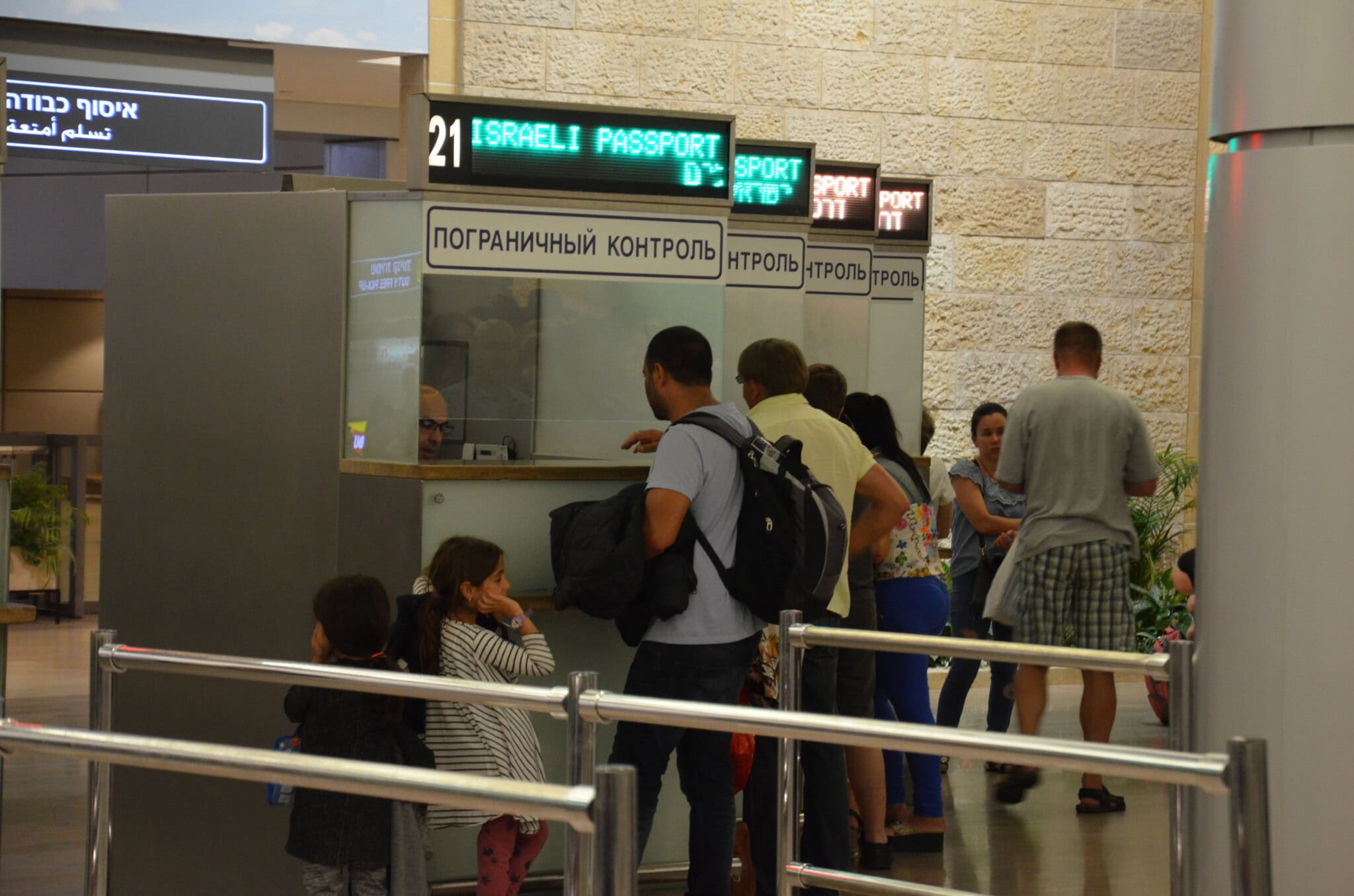Support us >
Guest Article by the Tomer Warsha Law Firm (website | Facebook)
Until recently, Israeli border inspectors had the practice of inspecting the mobile phones of incoming tourists, including accessing their photos, correspondence, and personal content. However, a significant district court ruling, prompted by a petition submitted by the Tomer Warsha Law Firm, which specializes in immigration and status in Israel, has put an end to this intrusive practice.
In December 2022, a young couple from Ukraine, residing in Poland, planned a brief visit to their Israeli relatives for a one-week stay. Little did they anticipate the ordeal they would face upon their arrival in Israel at the hands of Israeli border inspectors. The couple was subjected to prolonged detention and questioning, during which their mobile phones were seized and searched without their consent and without legal authority. Ultimately, they were denied entry into the country, citing “concerns of illegal settlement”.
Upon learning of their situation, the couple’s family members in Israel sought assistance from the Tomer Warsha Law Firm, which promptly initiated legal proceedings against the decision in the Tribunal of Appeals and later in the District Court in Tel Aviv.
To the relief of the family, the district court accepted the appeal in full, imposed a fine of 15,000 NIS against the Population and Immigration Authority, and affirmed the couple’s right to enter Israel, both immediately and in the future.
Significantly, the court explicitly stated that there is no established procedure that authorizes border control personnel to search the mobile devices of individuals seeking entry into Israel, even when those individuals may superficially “agree” to such requests by the authorities, as true consent is not genuinely obtained.
As a result of this ruling, the Population Authority has revised its procedure 6.4.0010, clarifying that border control officers do not have the authority to search mobile phones. Instead, they are permitted to request “specific and relevant information” from tourists, such as contact information of hosts, or hotel reservations. Additionally, any access to information on a mobile device must be conducted in the presence of the device’s owner, and documents may only be photographed with explicit written consent, provided in a language understood by the owner.
Today, instances of entry denial into Israel still occur, sometimes unjustly and without valid grounds. In such situations, it is imperative to seek immediate legal counsel, as time is of the essence.
Conversely, if there is a concern that your/your loved one’s entry into Israel may be contested, it is advisable to proactively contact the Population and Immigration Authority and submit a request for entry permission in advance. This preemptive measure can help you avoid significant stress and unnecessary expenses at the border.
